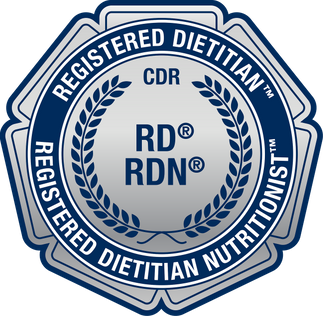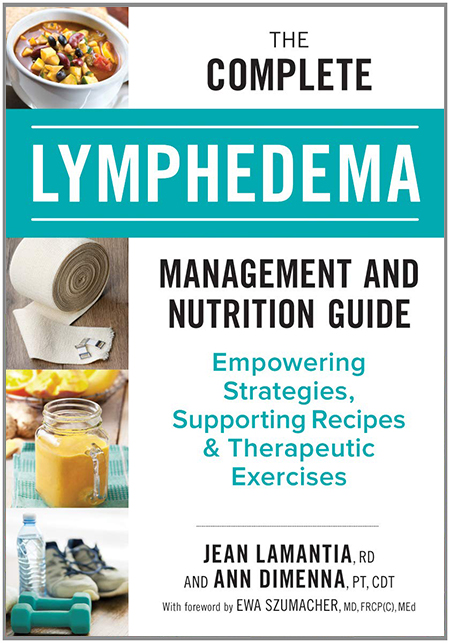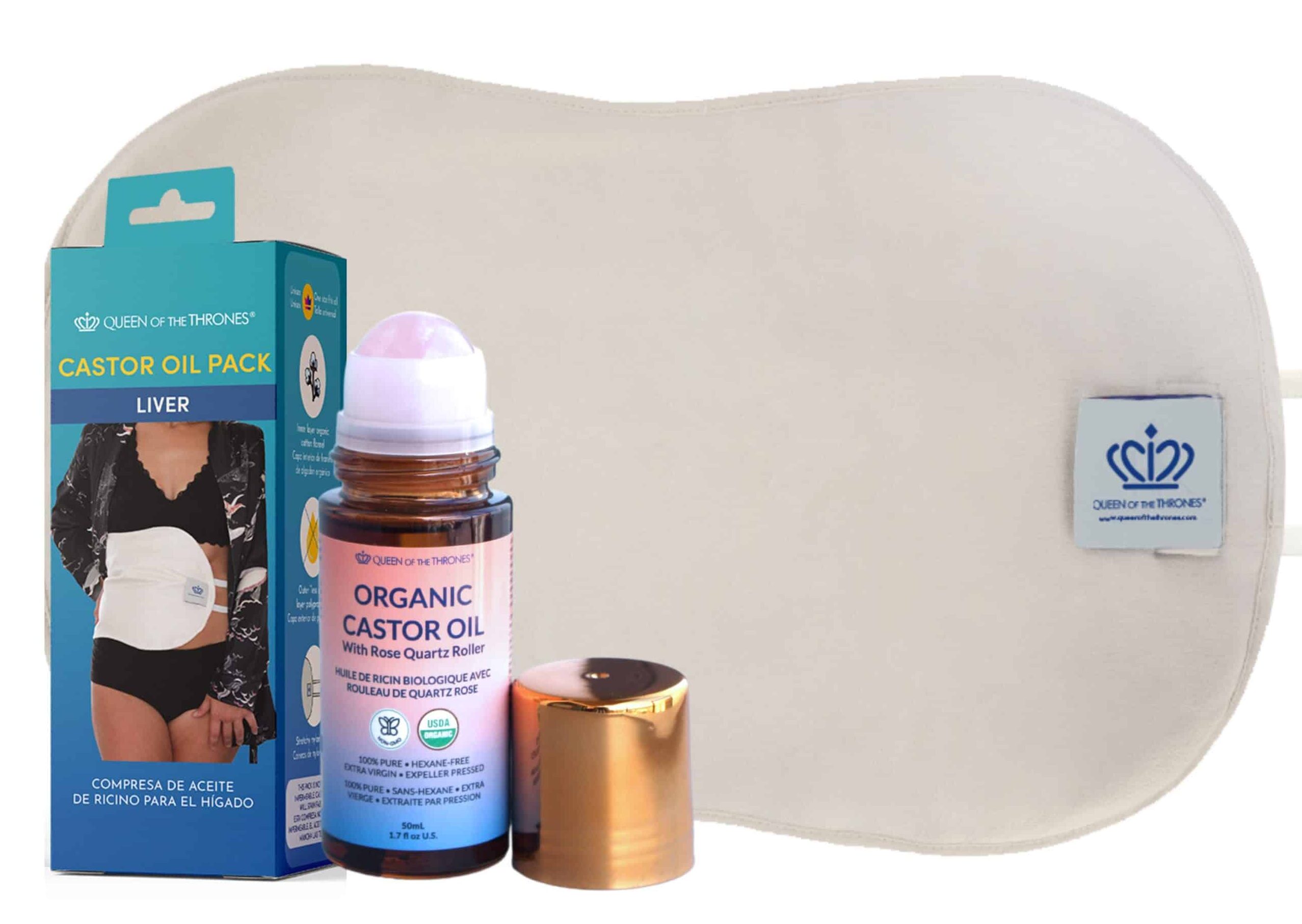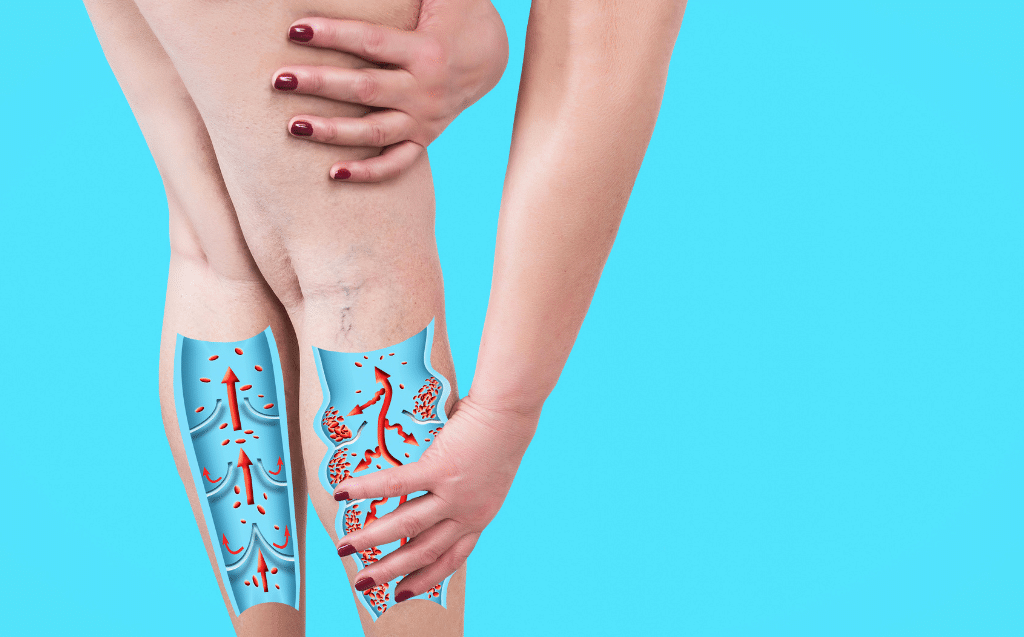Living with Lymphedema is a growing collection of personal lymphedema stories. This post is not meant to diagnose or prescribe any treatment protocol.
Others have gone before you and you can learn from their experience and have some awareness of some of the challenges ahead and ideas for coping when living with lymphedema.
If you are living with lymphedema, it’s important to get the proper care. You should find a certified lymphedema therapist in your area.
Proper nutrition is also critically important. A comprehensive resource you can use includes Lymphedema Nutrition School.
The “Living with Lymphedema” submissions are true as remembered and affirmed by their authors.
Sandi
At 47 years old, I was living with my husband and 2 year old son in March 2008 when I noticed a lump in my armpit and went for a mammogram. The radiologist immediately did an ultrasound and had me come back the very next day for a biopsy to confirm what he felt very strongly was breast cancer.
Three weeks later, on April 18, I had a mastectomy and all my lymph nodes on my right underarm removed. To all the doctors, my treatment path was clear – mastectomy, chemo, radiation and tamoxifen because I was stage III with a fast growing cancer and large tumour.
There are many side-effects to breast cancer treatments: reduced joint movement in the surgical area, hair loss, nausea, tiredness and…lymphedema.
For each doctor’s appointment, I filled out a questionnaire asking if I was experiencing any problems. In July, four months after my surgery, I noticed swelling and heaviness in my right armpit and upper right arm and mentioned this to my oncologist.
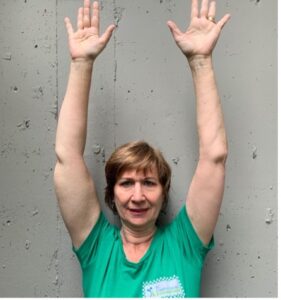
Thankfully, she immediately referred me to the lymphedema clinic which operated nearby. I began treatments which, gratefully were covered by my provincial health plan as part of my cancer care.
The lymphedema clinic supported the lymphedema diagnosis and immediately treated me with manual lymphatic drainage (sometimes inaccurately called massage) and multilayer compression bandaging (also known as wrapping) three days a week for a 2 week period.
I kept the bandages on for 15 hours a day which moved the lymph and brought the swelling down.

Importantly, my certified lymphedema therapist taught me how to bandage my own arm to reduce swelling and gave me exercises to get the lymph flowing. She provided handouts on the lymphatic system including prevention and management strategies.
My treatment continued for weeks with regular appointments to continue the lymphedema care to help me manage and ensure that my lymphedema was being controlled.
I also purchased a custom compression arm sleeve and glove. I could apply to pharmacare to cover the cost, but luckily my extended health plan covered the garment cost for me. This was a great help as the garments can be expensive.
After six months of regular manual lymphatic drainage appointments and self-care with wrapping and a custom compression sleeve, I noticed an improvement.
The swelling and heaviness in my arm was reduced to a manageable level where I could cope on my own and thankfully, my pain had dissipated too.
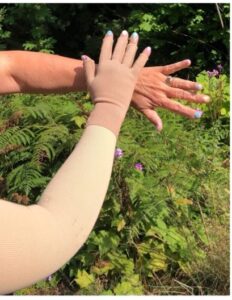
For the first five years of living with lymphedema, I mostly keep it under control by wearing my compression garment sporadically, but it would flare up if I flew on an airplane or was fighting a cold.
After several years, I moved provinces and was disappointed to find that coverage is not the same in each province. In British Columbia, unfortunately, there was little support for lymphedema in 2010.
While I did find certified lymphedema therapists, I needed to pay for treatment. To order the garments or bandaging supplies, I needed to order online from a lymphedema store in the U.S. or eastern Canada.
There have been numerous studies showing that dealing with lymphedema early is less costly than letting it get out of control. I did not wear my compression sleeve regularly, as I felt I had it under control, so my arm has increased in volume as a result.
A support group member told me to treat my sleeve like my underwear and to put it on at the same time which has helped me be consistent in wearing my compression.
Hospitals in B.C. are sharing more information regarding lymphedema but more needs to be done to limit the individual costs in the early stage of diagnosis.
I was lucky to be diagnosed and treated in Alberta where I had extended health insurance to cover the cost of the compression garments. Due to this early positive support, I was able to manage my lymphedema early.
My Message for Others Living with Lymphedema
Lymphedema is progressive so actively managing it is important. To do this;
- Take regular measurements of your affected and unaffected limbs
- Wear compression daily (and nightly for night garments)
- Exercise regularly
- Minimize foods that cause inflammation
My Support Recommendations for Living with Lymphedema
- Joining your provincial association, such as the BC lymphedema Association
- Participating in a support group
- Research through reading books or online
If you like this blog, you may also like




